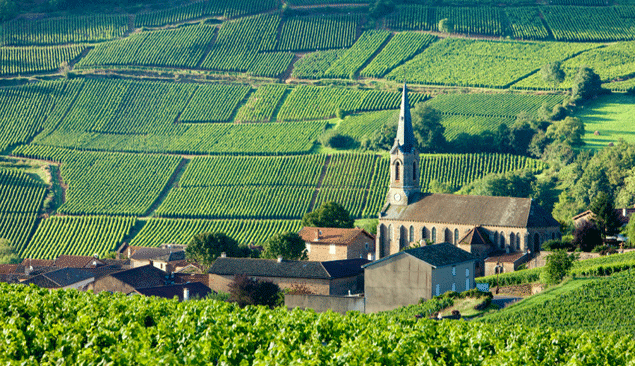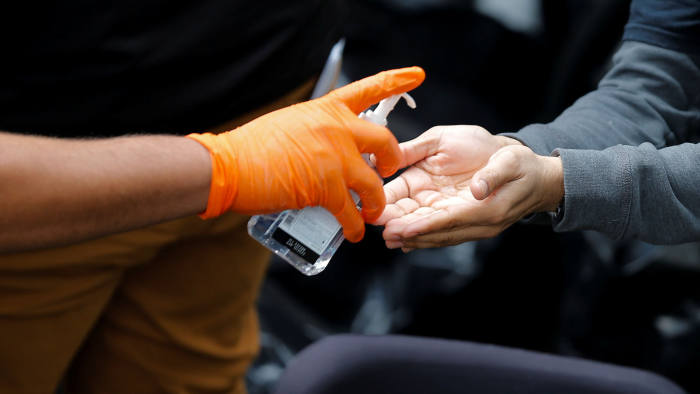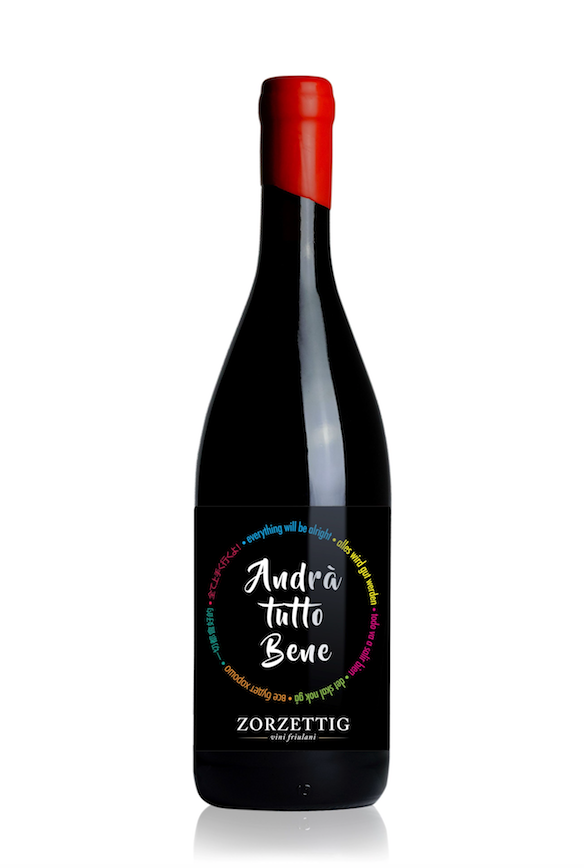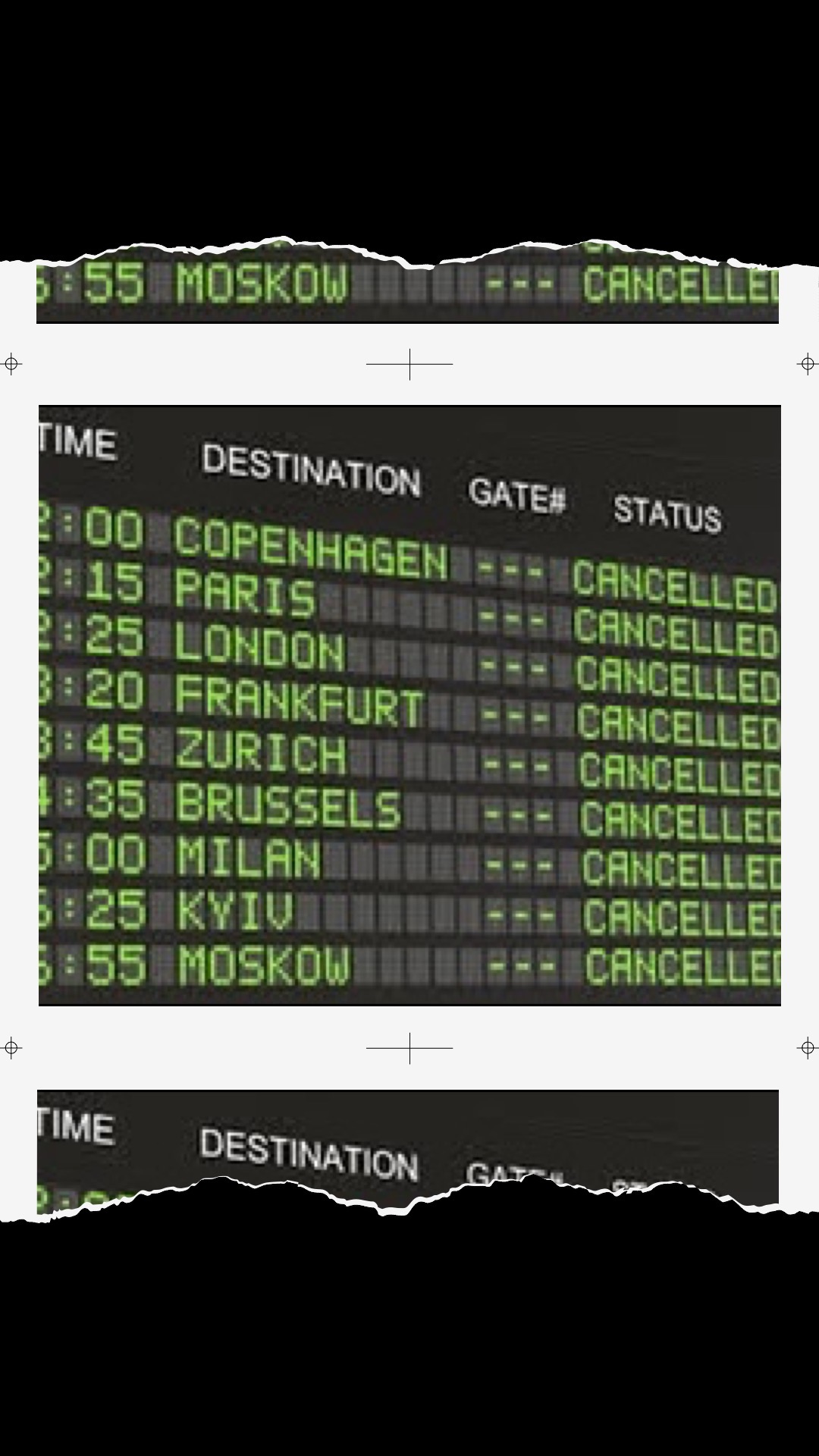Bourgogne Wine Board (BIVB has updated several e-learning modules to help both wine lovers and trade to become ‘experts in 90 minutes’
Burgundy’s regional wine board, the BIVB, states that its 90-minute online course was updated last week with new content and information on appellation rule changes. The online course was originally launched a decade ago and was mainly aimed at professionals, it is free for anyone to complete.
Each of the four modules takes around 20 minutes to complete, and there is a quiz at the end and the course is available in French, English, Chinese, and Japanese. Modules range from ‘Discovering Bourgogne’, which runs through the key grape varieties, appellations and terroirs of Burgundy, to food pairing advice and tasting wine.
It can take many years to learn about the intricacies of Burgundy wine, from its appellations and stylistic nuances to the precise location of its patchwork quilt of climats along the Côte d’Or, south of Dijon.
However, the BIVB states that the online modules are a fun way for both wine lovers and professionals to understand more about the region, and “90 minutes is all it takes to become an expert in Bourgogne wines.”
The course is available via the e-learning section of the BIVB website





